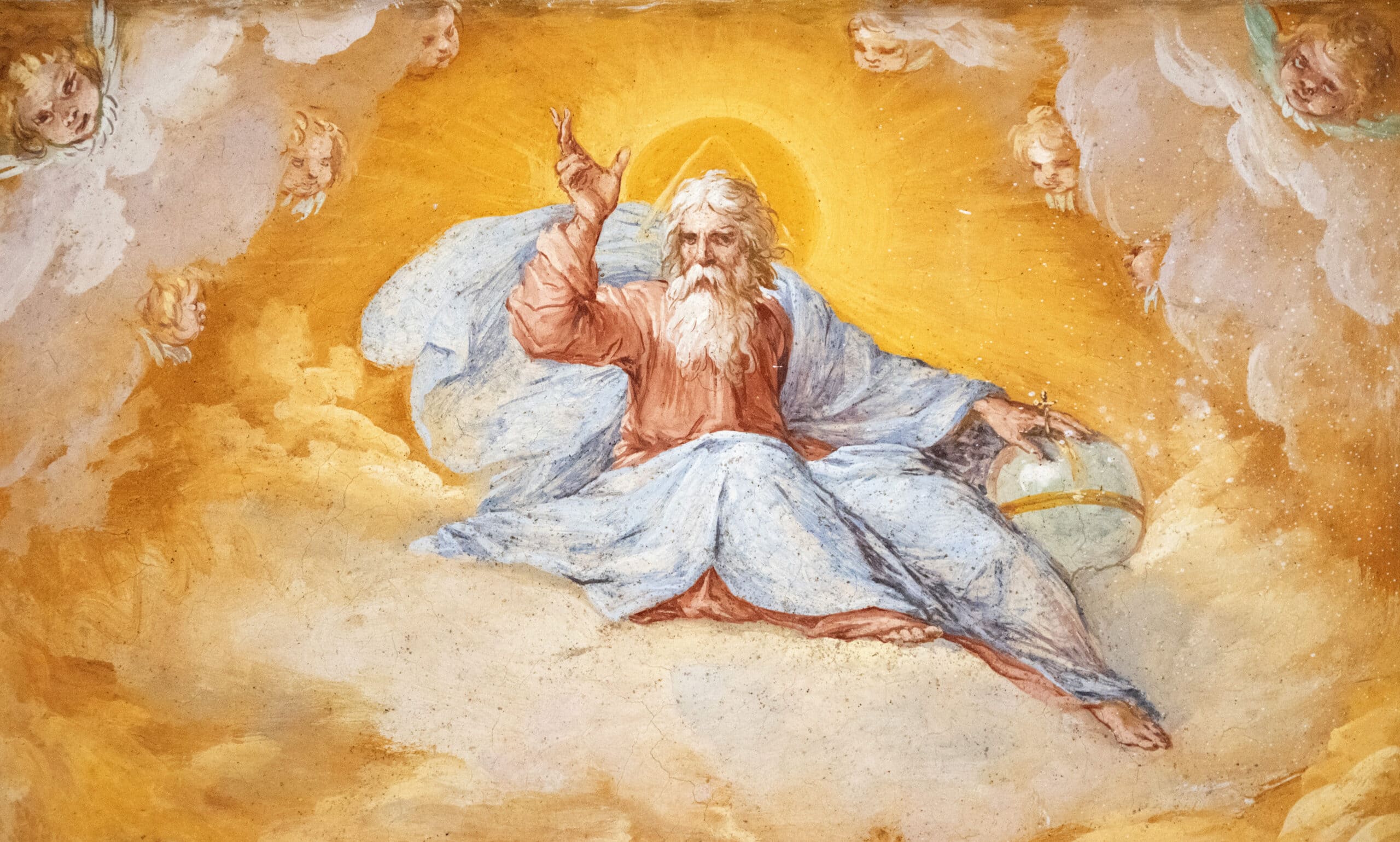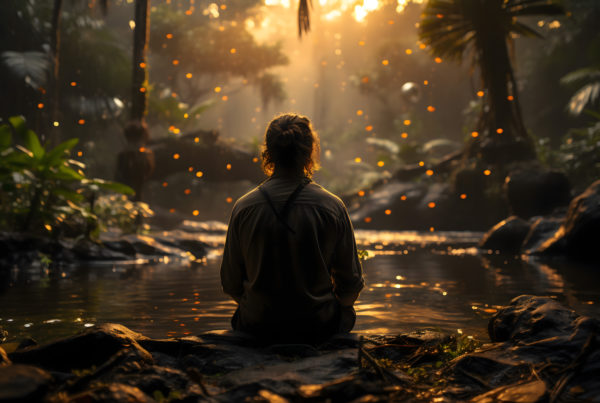
I received a secular education and at the time of my childhood, this was a rare thing. The reason I wasn’t raised in Catholic religion or baptised, although I was born in a Catholic country, from a traditionally Catholic family, is because my parents had been profoundly disgusted and traumatised by the Catholic upbringing they received in their youth. When I was older, they would tell me stories about priests touching young boys, nuns humiliating students in front of the class, preachers preaching fear during mass, etc.
And so, I attended morality class. I remember going to class with 2 of my fellow students, while 30 other classmates were attending class in Catholic religion. There were 10 students in the whole school who attended the morality class instead of religion, myself and my two brothers amongst them. This singled us out. I remember friends asking me why I didn’t believe in God and telling me I would go to hell. As I wasn’t raised in the concepts of heaven and hell however, this didn’t really impact me.
Our teacher of morality taught us the basic principles of the main religions. She told us it was important to know what other people believed, as it shaped their reality and behaviour. She taught us that although we didn’t follow any dogma or adhere to any religion, this didn’t mean we didn’t have any moral principles, we were taught about compassion and care, we were taught to be curious about other people and their beliefs.
I know that this upbringing has been instrumental in developing my own version of the truth, I know that because I was “different” at school, I learned to care less about what other people thought and because I didn’t receive a Catholic upbringing, I’m less tainted by the Judeo-Christian heritage of guilt and suffering (although, of course, this thinking has built our society).
Today I believe and I have faith. My faith is not dogmatic, but secular, a living, organic faith that has emerged from my experiences, forged by my values and relying on ever-evolving truths. My faith is a faith of sovereignty, I’m fully responsible for my own person and believe that I co-create my reality through every decision I make.
It was hard for my family to accept my faith, it is hard for them still to understand that faith can exist outside of dogma or religious institutions. They fought hard to set me free from what they felt imprisoned them and they succeeded.
The most valuable lesson I learned on this path, however, is that it’s not because a person is free from religion that a person is free from dogma. It is not because a person lives a secular life, that this person is free and independent. I would say that on the contrary, the illusion of freedom tricks us into turning a blind eye to areas of our lives in which we are not free. Oxford dictionary describes religion as the belief in and worship of a superhuman controlling power. Many people have turned away from God in the religious sense of the word, but hasn’t God been replaced by money and power? Are we free? My parents turned their backs on religion because they felt the people representing their religion practised questionable morals and didn’t merit the position of authority that was attributed to them. I believe they were right in doing so, but haven’t the priests of our past been replaced by the politicians of today? Aren’t we, yet again, blindly following people with questionable morals preaching fear, accepting their power over us?
I believe every event and experience serves a purpose and what we’re going through today on a collective level serves the purpose of highlighting our blind spot, revealing our disenfranchisement.
My hope is that our current circumstances can help us come to the realisation that although the influence of Abrahamic religions might not be actively present anymore in many people’s spiritual lives, our civilisation has been built on the ideas forged by those religions and we still abide to the same principles. How many people are accepting dogmatic rules without questioning? How many of us are ready to sacrifice ourselves, sacrifice our freedom, sacrifice our rights, for the so-called higher good (or if we’re honest, to avoid judgment from our neighbours, just like many of our grandparents attended mass for the same reason)? How many of us accept the status quo in the world as a superhuman, controlling power that cannot be challenged?
Are we free? Not yet, but I believe the wheels of profound systemic change have been set into motion and we now have every possibility to set ourselves free, if we acknowledge the blind spots and assume full responsibility for our own lives.


